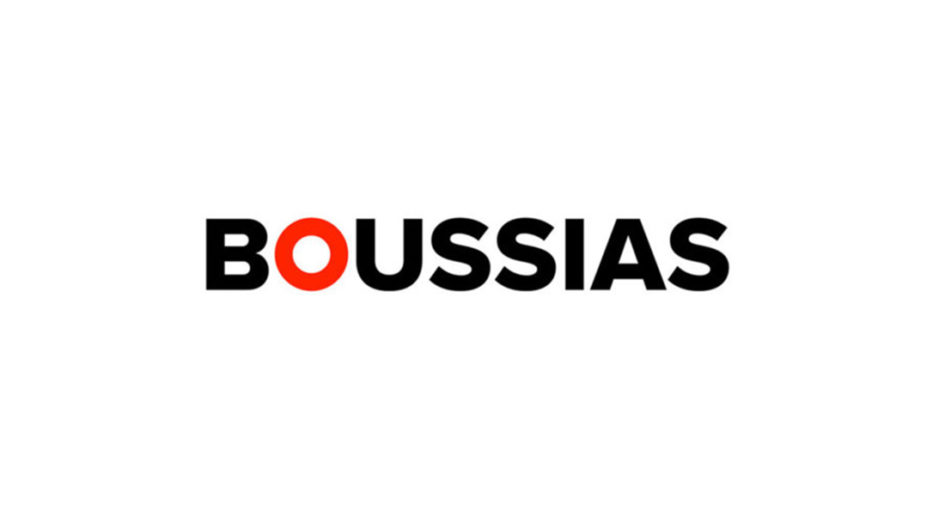Directive 2019/2161/EU (the omnibus directive of the “New Deal for Consumers” package) introduces significant changes to the legal regime for the protection of consumer across the EU, especially with regards to the obligations of merchants and their digital presence.
The new law amends Law 2251/1994, the main legal framework for the protection of consumers in Greece that also includes provisions about unfair commercial practices, as well as other consumer-oriented laws, such as Law 4177/2013, on pricing, discounts and offers of for goods.
Among the many changes introduced, the following present great interest, namely when it comes to merchants that provide services or sell goods online:
- Definitions of the Law are amended to reflect the meaning assigned by Directives 2019/770/EU and 2019/771/EU, especially for those that refer to products, goods with digital elements, digital services, ranking and online marketplaces
- Product: any good or service including immovable property, digital service and digital content, as well as rights and obligations
- Goods with digital elements: any tangible movable items that incorporate or are inter-connected with digital content or a digital service in such a way that the absence of that digital content or digital service would prevent the goods from performing their functions
- Digital service: a service that allows the consumer to create, process, store or access data in digital form or a service that allows the sharing of or any other interaction with data in digital form uploaded or created by the consumer or other users of the same service
- Ranking: means the relative prominence given to products, as presented, organised or communicated by the trader, irrespective of the technological means used for such presentation, organisation or communication
- Online marketplace: means a service using software, including a website, part of a website or an application, operated by or on behalf of a trader which allows consumers to conclude distance contracts with other traders or consumers
- New definitions are also introduced on compatibility, functionality and interoperability
- The concept of conformity is introduced for products as regards them meeting the requirements set by law and/or the specifications communicated by the trader
- When products are offered through online marketplaces, the platforms are required to:
- indicate whether the person(s) offering the products are traders or not
- where the person offering the goods, services or digital content is not a trader, that consumer protection law does not apply to the contract
- provide general information in a specific section of the online interface, directly and easily accessible from the page where the offers are presented
- indicate the main parameters determining ranking of offers presented to the consumer and the relative importance of those parameters
- indicate, where applicable, how the obligations related to the contract are shared between the third party and the provider of the online marketplace
- When merchants introduce discounts and offers both offline and online, they must indicate the previous price, which is the price applied at least 30 days before the discount or offer was introduced
- The following obligations are introduced for traders, constituting material information to be provided to consumers:
- when consumers can search for products offered by different traders or by consumers on the basis of a query in the form of a keyword, phrase or other input (for example through a search engine of a digital platform), general information (made accessible directly and easily from the query page where results are presented) and main parameters determining the ranking of products
- Where a trader provides access to consumer reviews of products, information about whether and how the trader ensures that the published reviews originate from consumers who have actually used or purchased the product
- To the list of misleading commercial practices, the following are added:
- Providing search results in response to a consumer’s online search query without clearly disclosing any paid advertisement or payment specifically for achieving higher ranking of products within the search results
- The reselling events tickets to consumers if the trader acquired them by using automated means to circumvent any limit imposed on the number of tickets
- Stating that reviews of a product are submitted by consumers who have actually used or purchased the product without taking reasonable and proportionate steps to check that they originate from such consumers
- Submitting or commissioning another legal or natural person to submit false consumer reviews
- any marketing of a good, in one Member State, as being identical to a good marketed in other Member States, while that good has significantly different composition or characteristics, unless justified by legitimate and objective factors (dual quality goods)
- In cases where traders impose unfair commercial practices, aside from their right to legally seek the cease of the trader’s practice and compensation, consumers now have the right to request that the price is lowered or that their contract is terminated
- Fines for all acts or omissions of merchants that result to misleading practices on pricing, discounts and offers are increased to 1% of the merchant’s turnover, with minimum amount 10.000€, while a recurrence of the same practice can bring fines up to 2% – 4% and no less than 20.000€ for the same violation. \
- Fines for consumer law violations may now range from 5.000€ to 1,5M €
- New criteria to determine the amount of fines are entered into force, including the nature, gravity, scale and duration of the violation, the trader’s actions to mitigate or remedy the damage, previous infringements by the trader, financial benefits gained or losses avoided by the trader due to the infringement etc.
The law applies since May 28, as mandated by the Directive for all member-states. The new legislation raises the bar for online traders and marketplaces as regards their legal compliance obligations in their core activities.
Below you can find a comparative table of the text of the Directive and the changes introduced to the Greek Legal Framework.
Αλλαγές-2251_1994-Ενσωμάτωση-Οδ.-2019_2161_ZK-Law-Firm (table in Greek).






